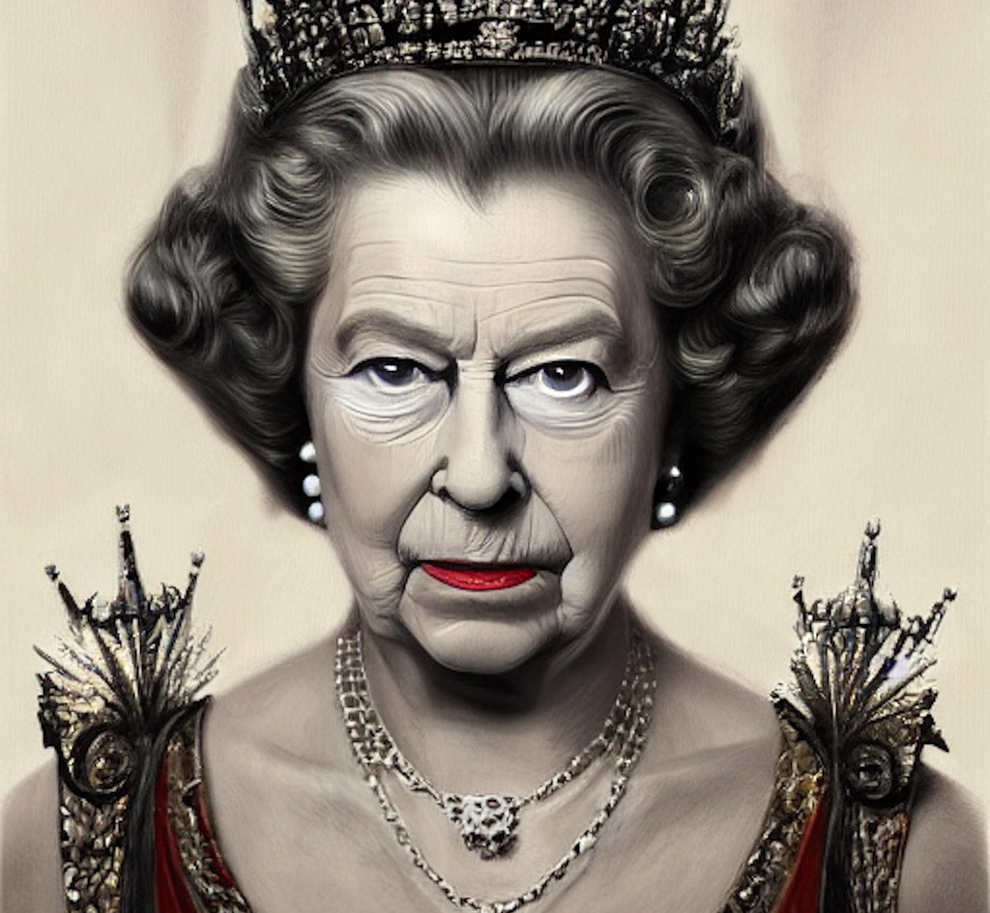Spices have always had a way of stirring things up—sometimes literally, sometimes politically. They’ve flavoured soups, sparked wars, inspired travel, and even ruined royal stomachs. From kings with extravagant tastes to entertainers who couldn’t resist a bit of chilli heat, spice lovers have popped up in every corner of history. Let’s take a wander through their peppery passions.
Monarchs Who Wouldn’t Settle for Bland
Medieval rulers adored spices. They weren’t just a seasoning; they were a status symbol. If you were rich, you didn’t just sprinkle cinnamon—you poured it on like confetti at a parade.
Take King Richard II of England. His kitchen records show he went through saffron like it was table salt. Saffron remains the most expensive spice in the world today. Imagine his cooks: “Your Majesty, we’ve used today’s entire supply in one pie. Should I order another cartload?”
Over in France, Louis XIV had an entire court culture that revolved around showy food, with nutmeg, cloves, and cinnamon making their way into every dish. Spices were as much about power as taste—if you could afford them, you could show off.
And let’s not forget Queen Elizabeth I. She had such a fondness for gingerbread that she even had biscuits shaped like her own face. If that’s not the ultimate ego snack, what is?
Explorers with Pepper Fever
Spices didn’t just stay in kitchens. They launched ships. Christopher Columbus went west looking for pepper and cinnamon. He didn’t find them, but he did stumble across chilli peppers in the Americas, which Europeans quickly adopted. They liked the heat but were a bit puzzled—where were the “real” spices?
Vasco da Gama actually did manage to find India by sea, opening the floodgates for the Portuguese spice trade. He brought back black pepper, cinnamon, and other wonders that suddenly made European dishes taste less like boiled cabbage and more like something you’d actually want to eat.
Even Magellan’s crew, though most of them didn’t survive the voyage, managed to return with a shipload of cloves. That single haul of spice was worth more than the expedition itself. Imagine being one of the few sailors who lived: “I’ve lost all my friends, but at least I’m sitting on a fortune in cloves.”
Chefs Who Went Heavy-Handed
Of course, without cooks, all that pepper and cinnamon would just gather dust in jars. Some chefs throughout history have been true spice fanatics.
Take Apicius, the Roman food writer. His cookbook, De Re Coquinaria, is filled with spice-heavy recipes—pepper was everywhere, often drowning out the other flavours. Roman diners apparently enjoyed food that scorched their tongues and wallets in equal measure.
Fast-forward to the 20th century and you get Julia Child, who introduced French cooking to North America with lashings of herbs and spices. She wasn’t shy about garlic either, declaring that no proper cook should be afraid of it. The woman was practically a garlic activist.
And then there’s Madhur Jaffrey, who revolutionised how Western audiences thought about Indian spices. Her recipes showed that cumin, coriander, turmeric, and cardamom could transform the dullest stew into something extraordinary.
Entertainers Who Craved Heat
It’s not just monarchs and explorers—performers have also been spice enthusiasts.
Elvis Presley famously adored fried peanut butter and banana sandwiches, but he was also partial to spicy southern dishes loaded with cayenne and paprika. Maybe that hip-shaking wasn’t just rhythm—it could’ve been indigestion.
In more recent years, Chrissy Teigen has built an empire partly on her love of hot, spicy food. Her cookbooks celebrate chillies and bold flavours, proving that spice is as Instagrammable as it is tasty.
Even George Clooney has dipped into the spice game, though via tequila. Agave isn’t exactly a spice, but tequila cocktails often involve chilli salt rims and spicy syrups. If Clooney is serving them, they count.
Spice: The Great Connector
What’s striking is how universal spice love has been. Monarchs hoarded it, explorers chased it, chefs worshipped it, and entertainers flaunted it. Spices were currency, medicine, and magic dust all rolled into one.
They’ve also been troublemakers. Empires were built and torn apart over nutmeg. Cooks were fired (or worse) for skimping on saffron. And even today, friendships can be tested over who can handle the hottest curry.
So, whether you’re tossing cinnamon into porridge, splashing chilli oil on dumplings, or sipping a spiced cocktail, you’re part of a long, quirky tradition. History isn’t just written in battles and treaties—it’s written in peppercorns and gingerbread biscuits too.

